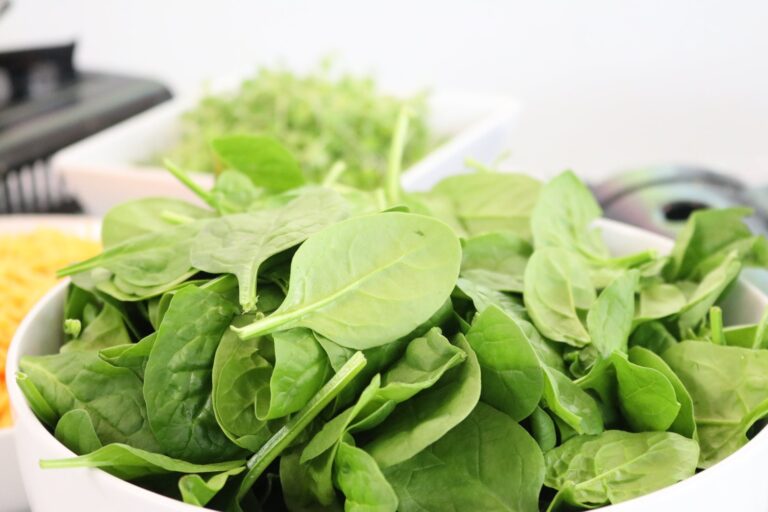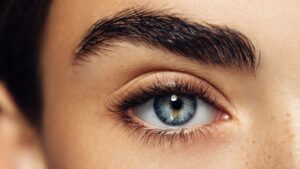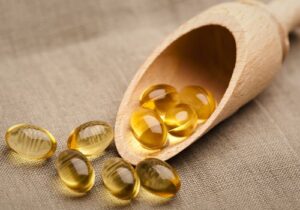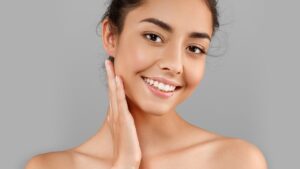
Here at Healthier Matters, we’re continuing our blogs on the subject of vitamins, and this week it’s the turn of vitamin E.
The importance of vitamin E (and several other antioxidant vitamins) came into the public’s consciousness in the 1980s, during which researchers started to understand the role free radicals had in artery-clogging atherosclerosis, loss of vision and other chronic conditions.
Just like the other essential vitamins we humans need, vitamin E has its own properties and benefits – let’s take a look at the must-know info!
What is vitamin E?
Vitamin E isn’t one single vitamin – it’s a group of 8 fat-soluble compounds, with alpha-tocopherol being the most prevalent in the human body, found in its fatty tissues.
What are the benefits of vitamin E?
There are a myriad of benefits that vitamin E can provide, from supporting our body’s defences and maintaining healthy skin, to helping our eyes to function and keeping arthritis at bay.
Without vitamin E, our bodies risk going through oxidative stress which not only leaves us prone to skin, eye and joint issues, but is thought to affect heart health too.
Find vitamin E in your diet
Vitamin E can be found in all sorts of delicious foods – even if you’re following a specific diet (veggie, vegan, pescetarian etc.) you’ll find there will always be a food you can turn to for your vitamin E. Here are a few examples:
- Almonds and peanuts
- Leafy greens like spinach and kale
- Red bell pepper
- Mango
- Avocado
- Wheat germ oil
- Sunflower seeds
- Asparagus
- Oily fish
Are vitamin E supplements necessary?
If you have a balanced and healthy diet, you shouldn’t need to take vitamin E supplements. As we mentioned above, vitamin E is a fat soluble vitamin, so it’s stored for several days in our liver and used up when on days where we might get a bit less vitamin E than we need.
People that may struggle to get enough vitamin E include those on low-fat diets and those with health conditions that stop the absorption of fat – if you fall into this category and you’re looking to boost your vitamin E intake, make sure you get your GP’s advice before taking a supplement.
Vitamin E & beauty
Vitamin E is often linked to skin health and aesthetic, thanks to its ability to reduce inflammation moisturise. Vitamin E oil (which you can buy over-the-counter in health shops and certain pharmacies), has been shown to improve circulation and promote firmer and younger-looking skin. It’s also suggested to be helpful in treating milder cases of psoriasis.
Vitamin E – helping you through your period?
A small study published by the British Journal of Obstetrics and Gynaecology back in 2004 found that vitamin E might be able to help in easing menstrual discomfort.
Whilst the study was only focused on 300 girls between 15-17, there was a strong link pointing to vitamin E supplements helping to reduce blood loss during their time of the month.







Never knew that vitamin E is found in my favourite fruit. Mangos! There is quite a lot of benefits especially for women 🙂